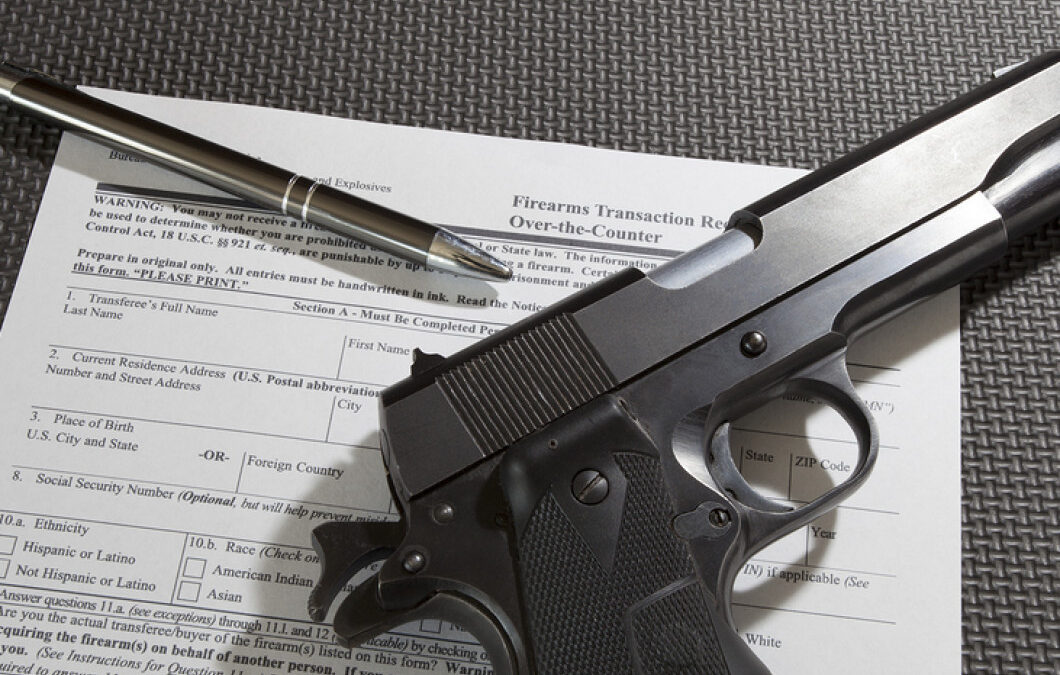Gun Trust
By Ron Mullins and Thom Bolsch
Welcome back. We have gotten through some interesting times. And a number of you have joined the club as first time gun owners. Glad you joined us.
Thinking about gun ownership; we should take a few moments to talk about ownership transfer at death or incapacitation.
I know; it is not a subject anyone is interested in discussing; unless you’re an estate lawyer. But, we have to recognize that we won’t live forever; and at some point, those guns will transfer to someone. But; how do we make sure that the ownership transfer is legal and doesn’t cause problems for the heirs after our passing?
Recognizing that at some point into the distant future, our firearms will need to be inherited; and setting up a legal structure to execute that transfer now will prevent issues from arising in that future.
For those of you that read last month’s article on purchasing a suppressor, we touched on Gun Trusts as an entity in which to own a noise suppressor. It’s a legal way to own NFA or Title II designated firearms. A trust is also a great way to own regular firearms if you have a large collection of firearms; and allow for the legal transfer of those firearms at death, or the management of those firearms in the event of incapacitation.
But transfer at death is not the only benefit of a Gun Trust. All the trustees named on the trust legally own, and can use the firearms listed in the trust. As an example; you purchase of a modern hunting rifle; and want to allow your brother-in-law access to the firearm for target shooting and hunting. Sure, you could just let him borrow the rifle; but if that rifle is listed in the trust and you and he are both trustees; the trust considers him an equal owner of the rifle. This offers some convenience when he wants to do a hunt in another state; or even another country.
Two issues to consider in the inheritance aspect of a Gun Trust; 1. The knowledge of the executor of firearms transfer and 2. Probate.
Let’s consider Probate first. Assets listed in a trust bypass the probate courts. You’re probably thinking; “OK, so what?”. Well, estates that transfer assets via Probate Court are available as public record. Everything listed in your will becomes public record once the will is filed with the court. If someone knows where to look; they will be able to get a list of all your firearms, the persons inheriting them and that person’s contact information. You don’t want a stranger knowing that your grandson inherited a priceless World War II 1911 that your grandfather carried in that war! A trust is designed to keep that information private.
Returning to the first item to consider in inheritance; most people know very little about firearms and even less about firearm transfers. The executor of your estate may not comprehend issues or restrictions associated with firearms transfers. You don’t want that person to make a mistake that gets your heirs in trouble. A trust can address those issues and restrictions.
Know too; that a Gun Trust can be designed as a multi-generational entity. But most importantly, it will take into consideration state and federal firearms laws to insure ownership, use and transfer comply with those regulations.
A final thought; Gun Trusts are unique legal entities and require an attorney familiar with, and experienced in drafting these documents – It’s NOT a DIY project.
And of course; if you are looking for a referral that can draft your trust; just ask us at Saddle River Range; we have a few names that we trust.
Stay Alert, Stay Safe.
© Copyright 2020 Ron Mullins and Thom Bolsch
All rights reserved


